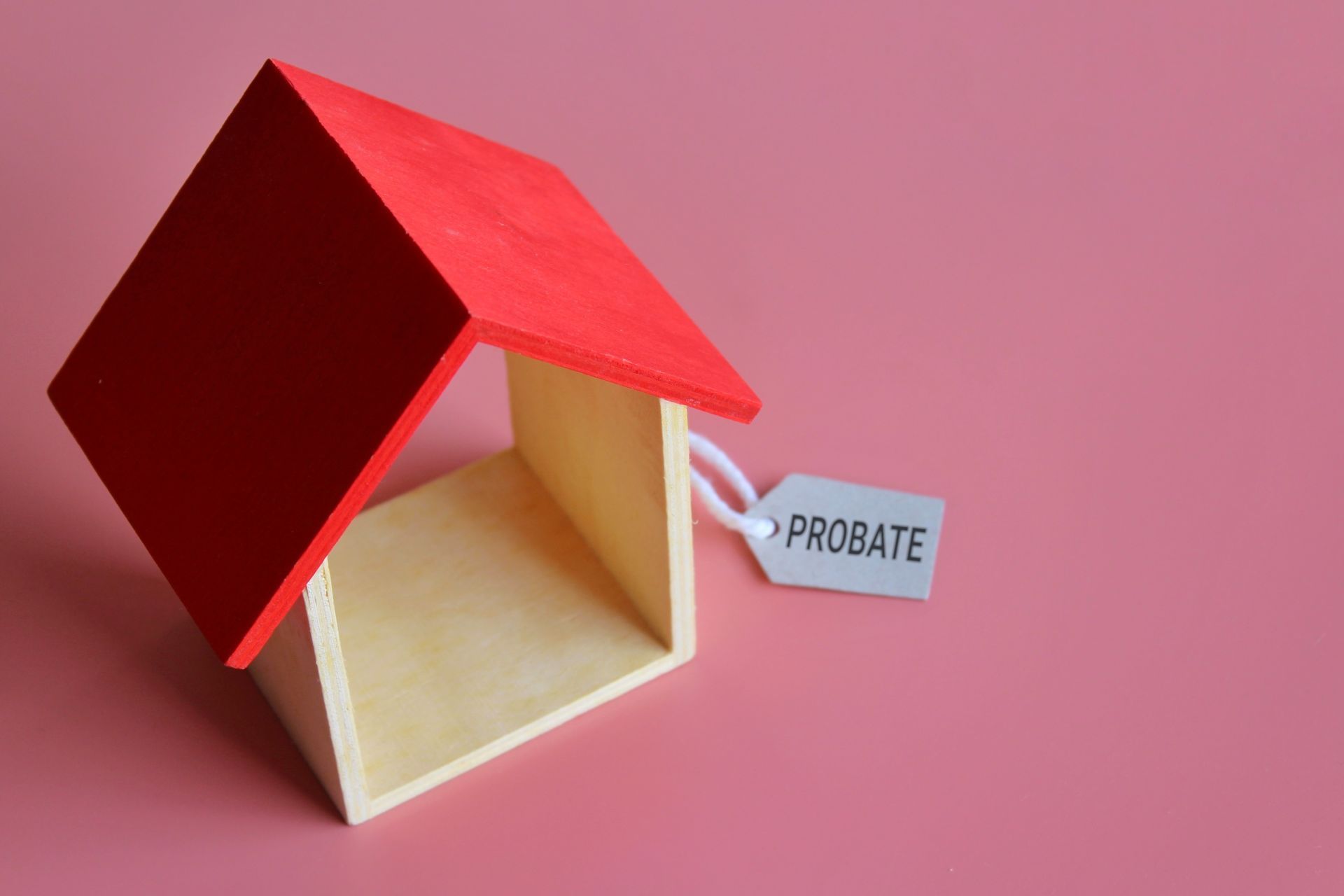How Does a Living Trust Survive Death?
A living trust is a popular estate planning tool that helps people manage their assets during their lifetime and after death. But what happens to a living trust when the person who created it dies? In this blog post, we'll explore how a living trust continues to operate after death and why it's a valuable tool for estate planning.
What Is a Living Trust?
A
living trust is a legal document that allows a person (called the grantor) to place their assets into a trust while they are still alive. The trust is managed by a trustee, who controls the assets on behalf of the beneficiaries. A living trust can be revocable, meaning the grantor can change or cancel it at any time, or irrevocable, meaning the trust cannot be altered once created.
What Happens to a Living Trust When Someone Dies?
When the grantor of a living trust passes away, the trust does not die with them. Instead, it becomes irrevocable, meaning no further changes can be made to the terms of the trust. The assets in the trust are now managed by the successor trustee, who takes over according to the instructions left by the grantor.
The trust continues to exist and operate based on the terms established by the grantor. This allows for a smooth transfer of assets without having to go through probate, a legal process that can take time and cost money.
How Is a Living Trust Administered After Death?
Once the grantor passes away, the successor trustee begins managing and distributing the assets according to the instructions in the trust. Here's how the administration works:
1.Identify and Gather Assets: The successor trustee's first job is to locate and gather all the assets in the trust. This might include bank accounts, property, investments, and other valuable items.
2. Notify Beneficiaries: The trustee must notify all the beneficiaries listed in the trust. These people will inherit the assets according to the grantor's wishes.
3. Pay Debts and Taxes: Before any assets can be distributed to the beneficiaries, the trustee must pay outstanding debts and taxes. This could include final medical bills, credit card debt, or estate taxes.
4. Distribute Assets: After all debts and taxes are paid, the trustee will distribute the remaining assets to the beneficiaries based on the instructions in the trust. The grantor might have specific wishes, such as leaving a house to one child and investment accounts to another.
How Long Can a Living Trust Remain Open After Death?
A living trust can remain open for as long as necessary to settle the grantor's affairs. Depending on the complexity of the estate, this process can take several months or even years. The trust remains in effect until all assets have been distributed and all responsibilities have been fulfilled.
Sometimes, a trust may be designed to last longer if it includes provisions for ongoing support of beneficiaries, such as minor children or individuals with special needs. In these situations, the trust will continue to operate until the terms set by the grantor are met, which could be decades after their death.
Can a Living Trust Be Challenged After Death?
Just like a will, a living trust can be challenged by those who believe they were unfairly excluded or if they suspect the grantor was under pressure when creating the trust. However, challenging a trust is often more difficult than challenging a will because the terms of a trust are generally more private and clearly outlined.
If someone believes the trust was created under duress, fraud, or undue influence, they may go to court to contest it. But if the trust was set up properly and the grantor was of sound mind when creating it, it will likely hold up in court.
What Are the Benefits of a Living Trust After Death?
Living trusts offer several advantages that make them appealing for
estate planning. Here are some key benefits:
- Avoiding Probate: One of the most significant benefits of a living trust is that it avoids probate. Probate is the legal process of distributing assets after someone dies, and it can be time-consuming and expensive. A living trust transfers assets directly to the beneficiaries, bypassing probate entirely.
- Privacy: Unlike a will, which becomes public during probate, a living trust remains private. This means that the details of your estate, including the assets and beneficiaries, are kept private.
- Immediate Access to Assets: Since a living trust bypasses probate, beneficiaries often have quicker access to their inheritance. This is especially helpful if immediate financial support is needed for funeral or ongoing living expenses.
- Control Over Distribution: A living trust allows the grantor to control how and when the assets are distributed. For example, suppose a beneficiary is too young to handle a large inheritance. In that case, the grantor can specify that the funds be held in trust until the beneficiary reaches a certain age.
Is a Living Trust Right for You?
A living trust can be a powerful tool for managing your estate, ensuring that your assets are distributed according to your wishes, and avoiding the complications of probate. However, it's essential to consult with an experienced estate planning attorney to determine if a living trust is right for you and ensure it's set up correctly.
Contact
Doane & Doane
for expert guidance and personalized estate planning services if you're considering a living trust.
Disclaimer: The information on this website and blog is for general informational purposes only and is not professional advice. We make no guarantees of accuracy or completeness. We disclaim all liability for errors, omissions, or reliance on this content. Always consult a qualified professional for specific guidance.
RECENT POSTS






